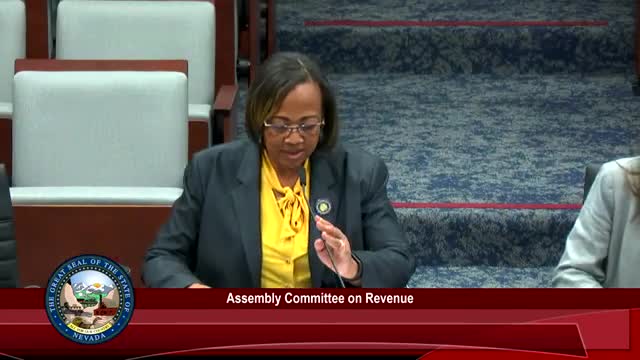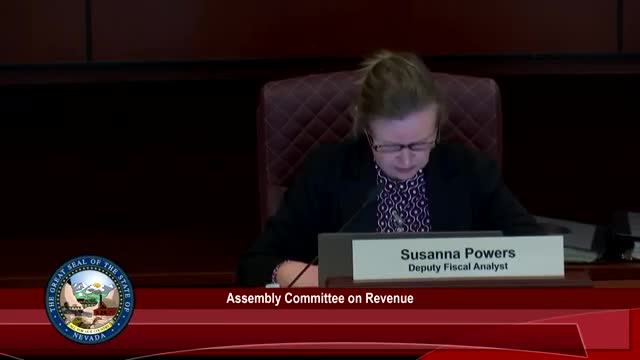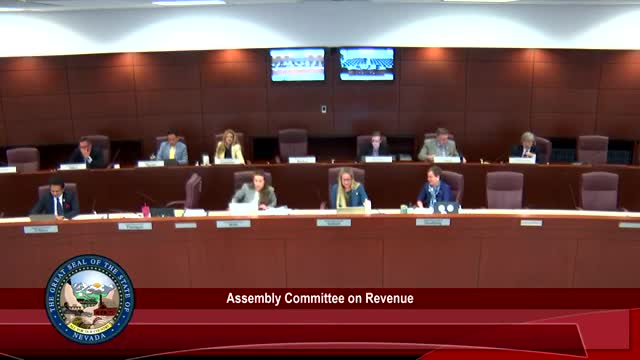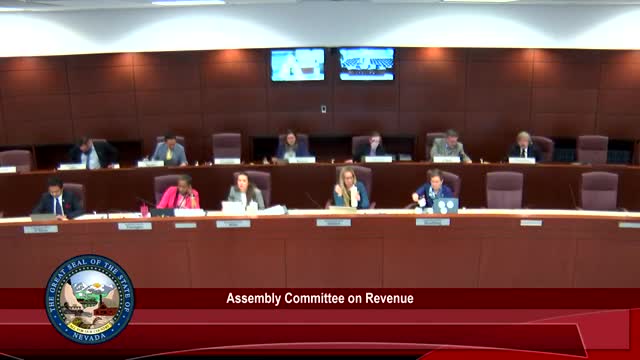Article not found
This article is no longer available. But don't worry—we've gathered other articles that discuss the same topic.

Assembly bill would shorten timeline for scholarship use, require Nevada-based scholarship organizations

Committee amends and advances measure to redirect 1% of live-entertainment tax revenue to Nevada Arts Council

Panel advances plan to pilot middle-school career coaches; bill allows grants and partnerships

